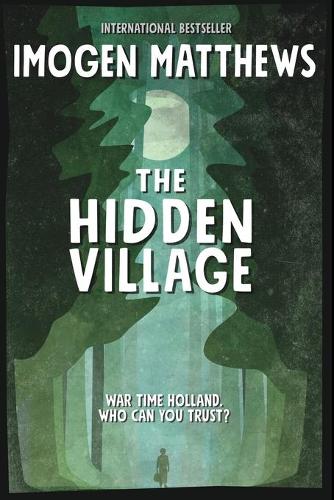
Religion is also discussed especially the collision of Christian, Hindu and Muslim practice in the face of historical imperatives and societal tension. Especially interesting is the discussion of male/female relationships and the transgressive engeries of nationalism in re determining power and position in pre and post independent India and, indeed, in England itself. The literary analysis undertaken focuses on the changes in attitude and expectation the British writers demonstrate in navigating the issues of race, class, gender, religion, education and age in both Indian and European characters and settings. The novels in question are ""Shadow of the Moon"" (1957) by Mary Margaret Kaye, the ""Siege of Knishnapur""(1973) by James Gordon Smith and ""White Teeth"" (2000)by Zadie Smith. It is through this prism that Dr Kapakli discusses, compares and contrasts Indian nationalism in three seminal novels. In 2008 the book was short-listed along with five other former winners for The Best of the Booker.This is an intriguing and groundbreaking study by a scholar who not only is not British nor Indian but belongs to a society that has had its own imperial history as well as having a strong, revitalizing nationalist movement in the 20th c. Farrell used his acceptance speech to attack the sponsors for their business activities.

The book gained positive reviews from a variety of sources and won the Booker Prize for Fiction in 1973. The absurdity of the class system in a town no one can leave becomes a source of comic invention, though the text is serious in intent and tone. The book portrays an India under the control of the East India Company, as was the case in 1857. The main characters find themselves subject to the increasing strictures and deprivation of the siege, which reverses the "normal" structure of life where Europeans governed Asian subjects.

Inspired by events such as the sieges of Cawnpore and Lucknow, the book details the siege of a fictional Indian town during the Indian Rebellion of 1857 from a single perspective: that of the British residents.


The Siege of Krishnapur is a novel by the author J.


 0 kommentar(er)
0 kommentar(er)
